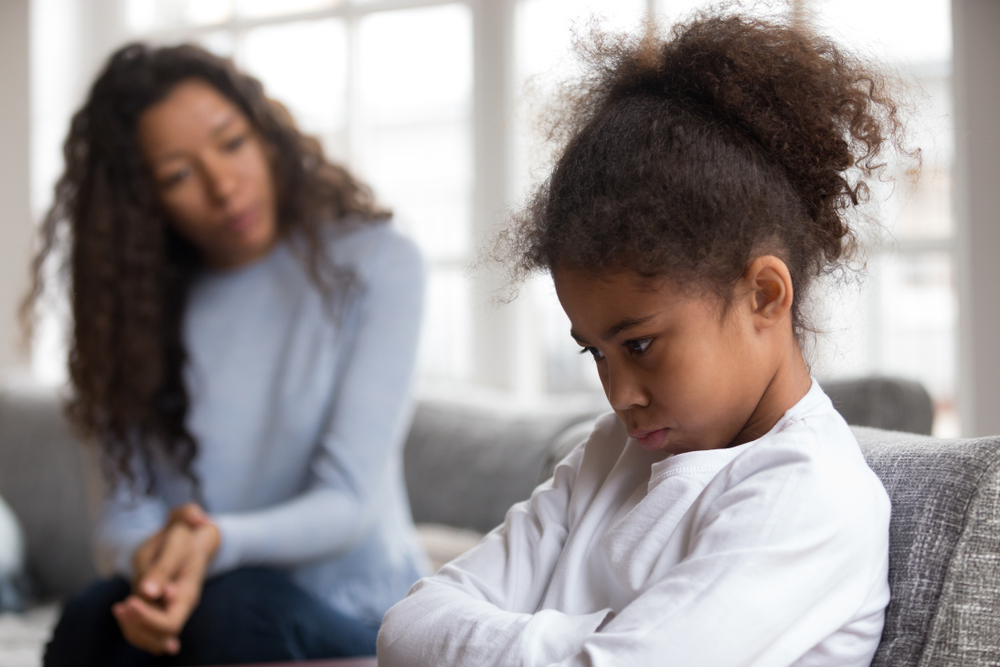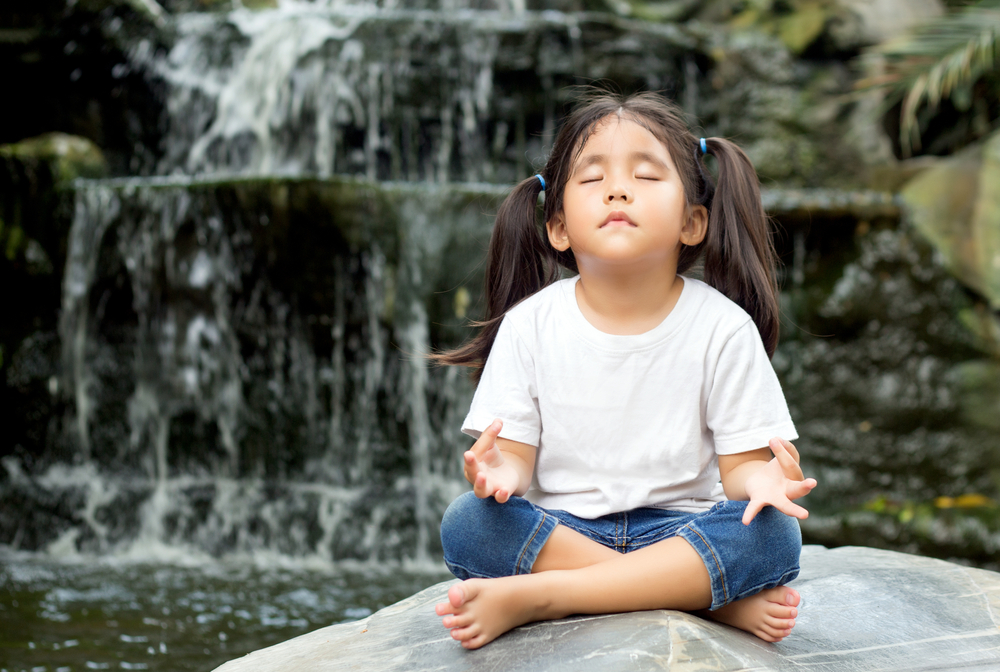
People of all ages manage their emotions in different ways, and sometimes their mechanisms may not be constructive. Often, the skills to manage emotions are learned in childhood, but as with any subject, some kids have an easier time with it than others. There are various reasons for this, but there is also hope for students who find their emotions more challenging.
Self-regulation skills are essential to childhood development because they are necessary to remain focused, maintain socially acceptable behaviors, empathize with others, and manage distractions. Mastery of self-regulation is an indicator of academic success as well as success in adulthood. People who struggle with self-regulation skills as children and receive no support also struggle as adults.
It is tempting to believe that kids who have poor self-regulation skills are simply willful or “bad kids.” The fact is that people are different, and in the same way that some kids are talented at sports, some at art, and some at math, some kids excel at self-regulation skills while others struggle. Since self-regulation is such an important life skill, it is important to ensure that kids who struggle with these skills get the support they need to develop them.
There is a second dilemma attached to the development of self-regulation skills. Parents do not want to see their children suffer, and some parents choose to soothe a distressed child and take on the role of regulation for them. Parents should be modeling self-regulation skills so that kids can see what successful self-regulation looks like. It’s unreasonable to expect a child to develop these skills all at once, but it is equally unreasonable to expect a child to develop them at all if one or both parents are doing all the work for them.
Here are some strategies parents, teachers, and caregivers can use to help children develop skills that promote resilience, focus, time and task management, and social literacy.
Scaffolding
When helping a child develop self-regulation skills, it is tempting to do either too little or too much. When a child is frustrated, they may direct their frustration to a parent or teacher that they perceive as causing the disappointment rather than the task they are struggling with. Scaffolding is a term used by clinicians to describe a process of coaching kids through difficult situations and then allowing them to handle them from there. Punishing the child for being frustrated only worsens the problem, while sitting over them often results in the parent taking over the regulation role.

Practice Practice Practice
Handling stimulation in small amounts can help build self-regulation skills for bigger situations. Making small practice runs of larger events such as going to the grocery store or visiting extended family can help kids practice skills in small doses before being exposed to louder, more stimulating situations. This gives parents an opportunity to coach kids on their self-regulation skills for common unavoidable situations in an environment that is more or less under control while being conducive to practice. It also provides another opportunity for parents to use scaffolding as a technique.
Consistency
Keeping to a consistent schedule and performing regular tasks to support self-regulation sends an important message to kids that these are skills they will use frequently. It also reinforces the practice of these skills so kids can work with them and understand when it is appropriate to use them. Doing tasks at regular times throughout the day sets a routine that provides a safe space for children to practice these skills without judgment. It also ensures a controlled environment that promotes scaffolding.
Start at Age-Appropriate Levels
Self-regulation skills don’t develop all at once even in children who have a natural affinity for them. All children experience stages in their development of cognitive, emotional, and social awareness, and some self-regulation skills emerge along with these faculties. Kids who struggle with these skills should be encouraged to develop them but will become frustrated if pressed to exhibit mastery beyond their age of development. Parents of students who struggle with self-regulation should familiarize themselves with developmental stages or work with professionals to develop age-appropriate routines.
One Step at a Time
When teaching self-regulation strategies to young students, they may get overwhelmed with more complex tasks such as getting ready in the morning. Teaching the skills incrementally can help ensure kids can feel comfortable with them and learn them without too much pressure. It also can help them build confidence in their newfound skills, which can encourage them to build others. Celebrate small wins, like being able to get fully dressed without help, before focusing on another task, like brushing their teeth.

Engage the Brain
Mindfulness and meditation practices have been proven to reduce stress, pain, and depression in adults, but many people think kids don’t have the patience for meditation. Even periods of three to five minutes have been shown to be beneficial in helping train the brain to regulate emotions. Yoga and tai chi can also help teach self-regulation to kids because they are forms of meditation that involve the entire body, which can be invaluable to active kids and used anytime to control frustration or anger.
Praise and Reinforcement
Kids who struggle with self-regulation skills often also have challenges to their self-esteem, especially when their behaviors lead to criticism, frustration, and shame. Reinforcing behaviors with praise and encouragement is vital to help children build the self-confidence they need to try things on their own. A reward system is also a good strategy, but any rewards should not undermine any coaching or modeling of desired behaviors and stress management. Incremental rewards, like awarding points toward a larger goal, are another way to teach self-regulation skills while also promoting other self-regulation tasks.
Plan Ahead for Unusual Situations
Sometimes, there will be events that aren’t everyday occurrences that may bring challenges to kids who struggle with self-regulation. Taking an airplane flight, going to a wedding, or going to the emergency room might strain even the best-taught skills. Even when such an event is a positive thing, it could overwhelm children whose skills aren’t as developed. It is a good idea to plan ahead with strategies to soothe the child or give them a break away from the action for a short period. Emergency strategies like this can help a child challenged by self-regulation while also validating their need for room to build these skills.
Take Circumstances Into Account
Every child is different and reacts to stimuli differently. Some kids need a lot of stimulation or movement to self-regulate, while others might become overstimulated and distressed. A child who practices self-regulation well in some situations might struggle when tired, hungry, or emotionally distressed by excessive circumstances. It is important to get to know your child’s strengths and weaknesses when it comes to self-regulation. A child who struggles with these skills is not simply misbehaving. There is always a reason behind their behavior and this can provide clues to best help them develop self-regulation strategies.
Caregivers Should Learn, Too
In order for parents and other caregivers to be effective models of self-regulation skills, it is important for them to practice self-regulation. Many adults suffer because they were unable to build these skills as children, and thus formed destructive coping mechanisms such as smoking or being verbally abusive to relieve stress. Even seemingly harmless habits like not expressing emotions at all can be detrimental to modeling positive self-regulation strategies to kids. All caregivers should at least familiarize themselves with self-regulation strategies, especially if they provide care for a child who is challenged when it comes to mastering them.
Building Skills for a Better Future
Self-regulation is a set of skills that absolutely can be taught in a sensitive and empowering way. Children who struggle with these skills are not misbehaving. They are emotionally sensitive and need a little extra help learning to manage that vulnerability constructively. When parents and other caregivers work with their kids on developing self-regulation skills, they help pave the road to success for these children.

 Español
Español